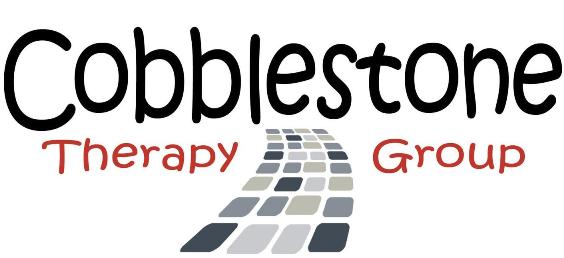Speech-Language Pathologists

Lauren Konigsberg, M.Ed., CCC-SLP
Lauren attended the University of Georgia where she received both her Bachelor of Science in Education in Communication Sciences and Disorders and her Masters of Education in Speech-Language Pathology. Lauren’s professional experience has included working with adults, adolescents, and children in educational, medical, and private clinic settings. She believes in the importance of developing excellent rapport with her clients, providing fun and motivating therapy and implementing research-based intervention in order to maximize progress. She enjoys learning and has most recently participated in continuing education related to language treatment for individuals with Autism, teletherapy, feeding/oral motor skills, augmentative alternative communication, articulation/phonology, and apraxia of speech. Lauren is trained in the first two levels of PROMPT and the LAMP approach to alternative augmentative communication. When not working with her clients, Lauren enjoys spending time with her husband and two kids, cooking, baking, gardening, and getting outside.
Lauren specializes in several areas including:
Augmentative Alternative Communication (AAC)
Articulation/Phonology
Childhood Apraxia of Speech
Stuttering/Fluency Disorders
Receptive/Expressive Language Disorders
Early Language development
Preliteracy/Phonological Awareness
Autism Spectrum Disorder
PROMPT LEVEL 3: BRIDGING PROMPT is an acronym for Prompts for Restructuring Oral Muscular Phonetic Targets. The technique is a tactile-kinesthetic approach that uses touch cues to a patient’s articulators (jaw, tongue, lips) to manually guide them through a targeted word, phrase or sentence. The technique develops motor control and the development of proper oral muscular movements, while eliminating unnecessary muscle movements, such as jaw sliding and inadequate lip rounding. A therapist that has completed the Introduction to PROMPT Technique Workshop has learned the basics of the PROMPT technique. These clinicians have been trained how to make the “touch cues” to the articulators to help patient’s produce a phoneme. They can also properly evaluate a patient (from a motor perspective) to identify if PROMPT therapy will be beneficial. Some clinicians at this stage are quite good at the technique and all will improve with practice. The training is very intense and requires a series of workshops, plus a lengthy certification process for a therapist to be a Certified PROMPT therapist.
Parent Testimonial: “We love Lauren at Cobblestone. She is amazing with my son and we couldn’t be happier. He loves spending time with her as well. I highly recommend Cobblestone.”
Amanda Arbogast, M.S., CCC-SLP
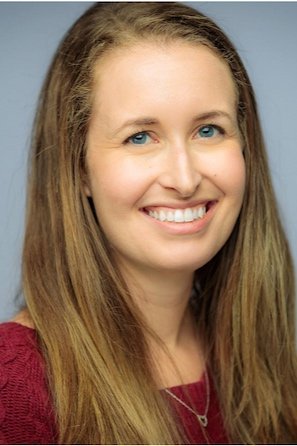
Amanda Arbogast attended Florida State University where she received both her Bachelors and Masters of Science degrees in Speech Language Pathology. Amanda’s professional background includes evaluating and treating children (birth – 8th grade) in the public school system, daycare, home, and pediatric outpatient clinic settings. She also completed an internship in the pediatric inpatient rehabilitation setting at CHOA. Amanda loves making therapy fun, championing the progress of her patients, and collaborating care with families to determine how to best carryover each child’s target skills beyond the therapy session. Amanda makes it a priority to learn about the latest evidenced-based treatment techniques and has completed continuing education courses in the areas of early language, Childhood Apraxia of Speech, articulation/ phonology, core vocabulary, early language development, gestalt language processing, and voice/ resonance. Amanda recently completed 8 hours of training for completion of the Meaningful Speech course on Gestalt Language Processing, Echolalia and Natural Language Acquisition (NLA) with a passing score on the comprehensive assessment.
In her free time, Amanda enjoys trying new recipes, exploring outdoors, and spending quality time with her husband, 2 daughters, and golden retriever.
Amanda specializes in several areas including:
Gestalt Language Processing: NLA trained clinician
Articulation/ Phonological Disorders
Childhood Apraxia of Speech
Early Intervention
Developmental Delays
Receptive/ Expressive Language Disorders
Augmentative Alternative Communication (AAC)
Fluency Disorders
Sensory-based Feeding Difficulties
Autism Spectrum Disorders
PROMPT TRAINED. PROMPT is an acronym for Prompts for Restructuring Oral Muscular Phonetic Targets. The technique is a tactile-kinesthetic approach that uses touch cues to a patient’s articulators (jaw, tongue, lips) to manually guide them through a targeted word, phrase or sentence. The technique develops motor control and the development of proper oral muscular movements, while eliminating unnecessary muscle movements, such as jaw sliding and inadequate lip rounding. A therapist that has completed the Introduction to PROMPT Technique Workshop has learned the basics of the PROMPT technique. These clinicians have been trained how to make the “touch cues” to the articulators to help patient’s produce a phoneme. They can also properly evaluate a patient (from a motor perspective) to identify if PROMPT therapy will be beneficial. Some clinicians at this stage are quite good at the technique and all will improve with practice. The training is very intense and requires a series of workshops, plus a lengthy certification process for a therapist to be a PROMPT therapist.
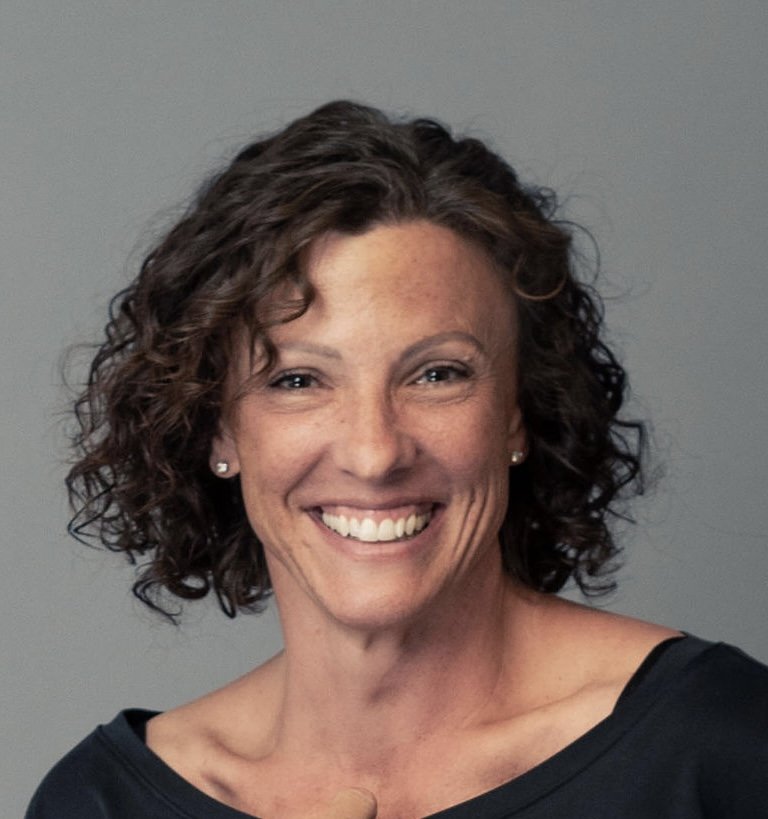
AMY ROWAN, M.A., CCC-SLP
Amy graduated from Bowling Green State University with a Bachelor of Science in Communication Disorders and Cleveland State University with a Master of Arts in Speech/Language Pathology. She is in her 24th year as a Speech Language Pathologist and has experience in working with both children and adults. Amy has lived in many different areas and worked in a variety of settings including in hospital, private practice, public and private schools, and an Autism treatment center in Cleveland OH. She specializes in speech and language development for children presenting with a variety of disabilities. Amy has extensive experience working in a team with OT/PT and Music Therapy and loves to incorporate sensory integration into her sessions as much as possible. Amy focuses on working as part of a team with other providers and parents in order to optimize the carryover of skills outside of the therapeutic setting. She believes that combining play and work together is the best way to motivate a child to learn and apply new skills.
Amy and her family are GA transplants with a love of travel and sports.
Amy specializes in several areas including:
Augmentative Alternative Communication (AAC)
Articulation/Phonology
Receptive/Expressive Language Disorders
Early Language development
Preliteracy/Phonological Awareness
Autism Spectrum Disorder
Down Syndrome
Social Communication disorders
Auditory Processing Disorders
Parent-Teacher training
PROMPT TRAINED. PROMPT is an acronym for Prompts for Restructuring Oral Muscular Phonetic Targets. The technique is a tactile-kinesthetic approach that uses touch cues to a patient’s articulators (jaw, tongue, lips) to manually guide them through a targeted word, phrase or sentence. The technique develops motor control and the development of proper oral muscular movements, while eliminating unnecessary muscle movements, such as jaw sliding and inadequate lip rounding. A therapist that has completed the Introduction to PROMPT Technique Workshop has learned the basics of the PROMPT technique. These clinicians have been trained how to make the “touch cues” to the articulators to help patient’s produce a phoneme. They can also properly evaluate a patient (from a motor perspective) to identify if PROMPT therapy will be beneficial. Some clinicians at this stage are quite good at the technique and all will improve with practice. The training is very intense and requires a series of workshops, plus a lengthy certification process for a therapist to be a PROMPT therapist.
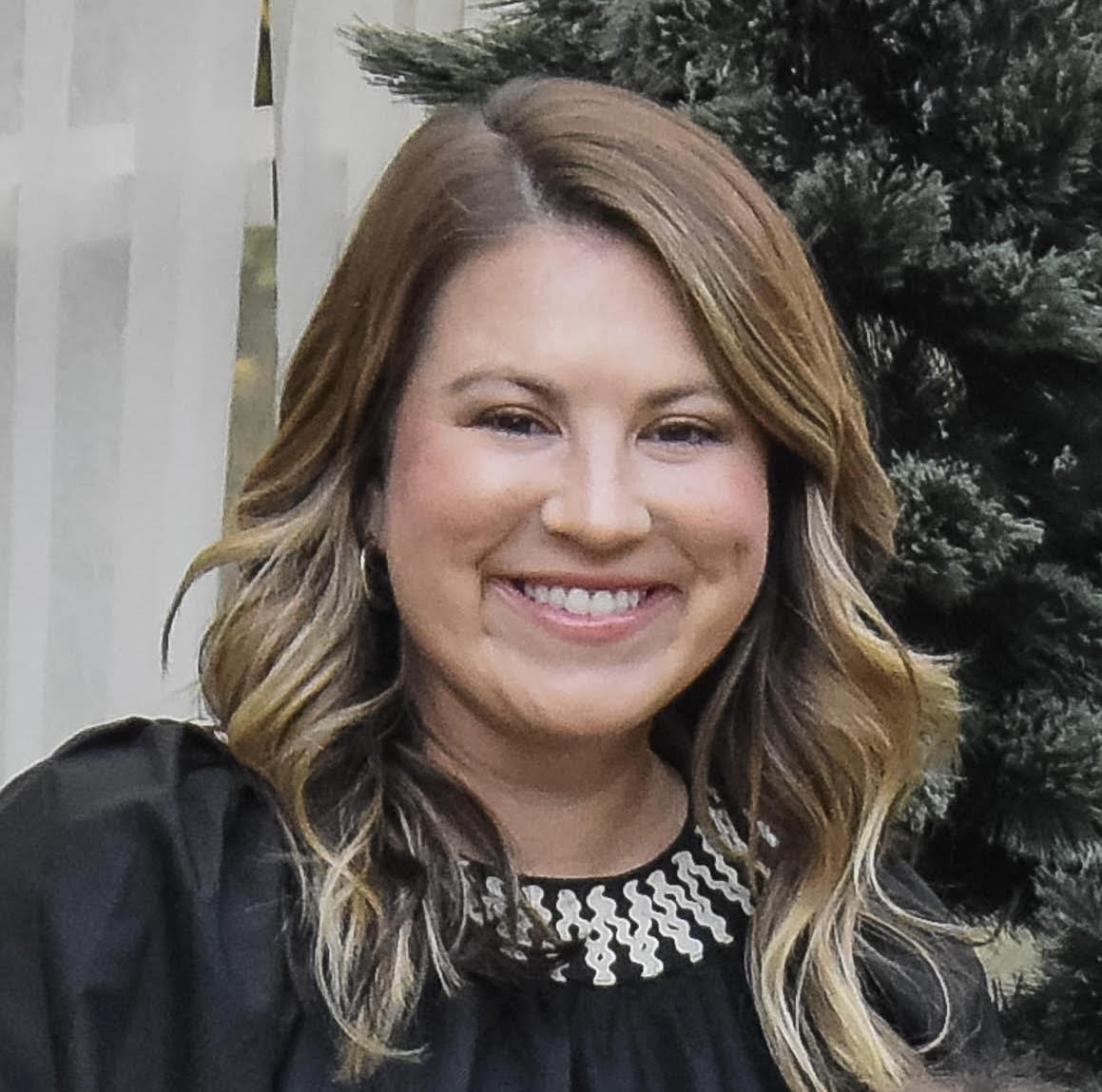
Kristen Ethridge, M.Ed., CCC-SLP
Kristen Ethridge, M.Ed., CCC-SLP is a seasoned speech/language/feeding pathologist with over 12 years experience in the pediatric field. She has acquired substantial experience working in acute care at Children’s Healthcare of Atlanta with patients who range in age from newborns to 21 years old. One of her passions is helping parents feel confident in feeding their infants, especially those who are medically fragile.
Kristen specializes in the following areas:
infant feeding disorders, including medically fragile infants
pediatric feeding/swallowing disorders, including patients who:
Have trouble eating, chewing, and swallowing. This may include choking, gagging, coughing, holding food in their cheek pockets, spitting food out, mashing or sucking on food, or struggling with certain textures
Have trouble gaining weight because they don’t eat or drink enough
Need supplements (e.g., Pediasure®) in order to grow
Get enteral feeds (e.g., NG tube, G-tube)
Kristen lives in Alpharetta with her husband and three children. In her spare time, she enjoys playing tennis, watching her kids play sports, and traveling to the beach.

Kelly Bretz, M.S., CCC-SLP
Kelly is an Ithaca College (NY) graduate with a Bachelor of Science as Teacher of the Speech and Hearing Handicapped and a Masters of Science in Speech Language Pathology. She is celebrating her 30th year in the field of Speech Language Pathology and has an extensive background; working in hospitals, private practice, public and private schools. She has supported children’s communication skills across their developmental lifespan; birth to 21 years. She specializes in speech and language development for students presenting with multiple disabilities. Kelly is a local and national conference presenter. She has created specialized programs in public school systems; training school staff on best practices for integrating students with special needs into general education classes. Kelly has worked on multidisciplinary teams with a comprehensive and functional outlook on client’s strengths and needs. She focuses on providing treatment that optimizes carryover of skills into real world settings. She believes education and connection with family are essential elements to client success!
Kelly specializes in several areas including:
Early language development
Autism Spectrum Disorder
Down Syndrome
Head Injury/Stroke
Cerebral Palsy
Neurodevelopmental disorders
Social Communication disorders
Childhood Apraxia of Speech
Dysarthria
Sensory-based feeding disorders
Auditory Processing Disorders
School aged language development; Elementary->High School
Cognitive-communication therapy
Parent-Teacher training
Transition coordination
Kelly is a recent transplant to Georgia from New Jersey. She and her husband are having fun exploring the Atlanta Metro area while their children enjoy life in college.Kelly loves to cook and entertain. When she’s not in her kitchen, she can also be found painting landscapes with her goldendoodle, Duke by her side.

Rebecca Trammell, M.S., CCC-SLP, Director of AAC Services
Becca attended the University of Georgia for both her undergraduate and masters degree in Communication Sciences and Disorders. She has experience working with a variety of disorders/diagnoses including expressive-receptive language delay, early intervention, Autism, apraxia, articulation disorders, AAC, and fluency in the pediatric outpatient setting. Becca is passionate about creating a fun and collaborative environment for therapy and working with the pediatric population from birth-21. Becca is continuing to expand her knowledge and training in a variety of areas including AAC, gestalt language processing/natural language acquisition, childhood apraxia of speech, and expressive/receptive language delays. In her free time, Becca enjoys cooking/baking, hiking, and spending time with her husband and family.
Becca specializes in several areas including:
Early intervention
Expressive/Receptive language delay
Fluency
Pragmatic Language
Augmentative and Alternative Communication (AAC)
Articulation/phonological disorders
Autism Spectrum Disorder
Gestalt Language Processing/Natural Language Acquisition
PROMPT TRAINED. PROMPT is an acronym for Prompts for Restructuring Oral Muscular Phonetic Targets. The technique is a tactile-kinesthetic approach that uses touch cues to a patient’s articulators (jaw, tongue, lips) to manually guide them through a targeted word, phrase or sentence. The technique develops motor control and the development of proper oral muscular movements, while eliminating unnecessary muscle movements, such as jaw sliding and inadequate lip rounding. A therapist that has completed the Introduction to PROMPT Technique Workshop has learned the basics of the PROMPT technique. These clinicians have been trained how to make the “touch cues” to the articulators to help patient’s produce a phoneme. They can also properly evaluate a patient (from a motor perspective) to identify if PROMPT therapy will be beneficial. Some clinicians at this stage are quite good at the technique and all will improve with practice. The training is very intense and requires a series of workshops, plus a lengthy certification process for a therapist to be a PROMPT therapist.
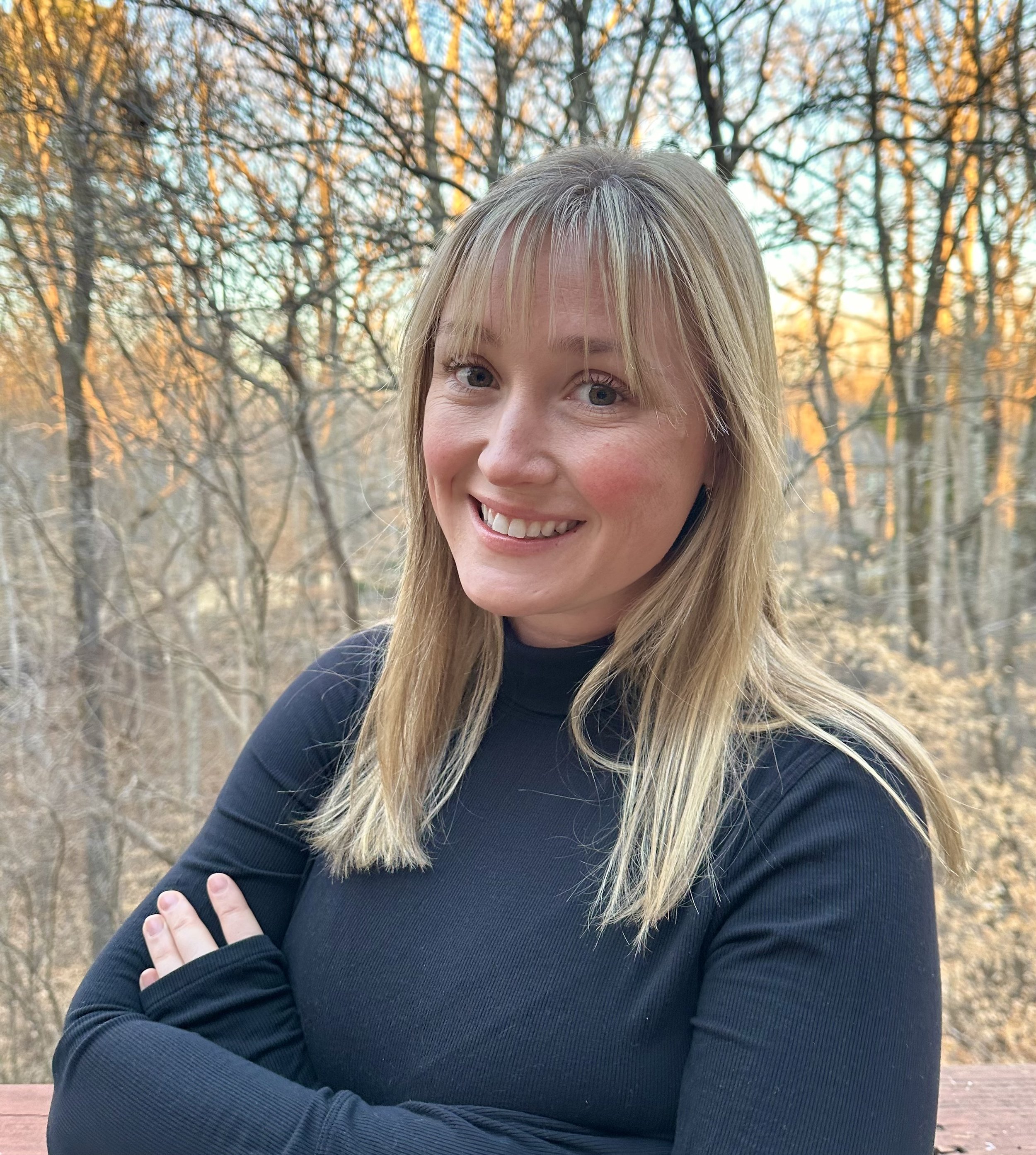
Celia Hartnett, M.Ed., CCC-SLP
Celia was born and raised in Milton, Georgia. She began her journey to becoming an SLP at the University of Georgia where she received her bachelor’s degree in communication sciences and disorders. She later attended the University of West Georgia where she received her Master of Education in Speech Language Pathology. Celia’s clinical background includes experiences working with pediatrics in both the private practice setting and the school setting. She has clinical experience diagnosing and treating a variety of different speech and language disorders such as expressive-receptive language disorders, phonological and articulation disorders, fluency disorders and AAC device users. Celia has a passion for early intervention and working with children on the Autism Spectrum. Celia puts emphasis on creating a fun and safe environment allowing the children to feel comfortable and motivated to learn. Celia believes in a holistic approach, working closely with families and other professionals involved in a child’s care to ensure comprehensive support and continuity of treatment. Outside of her work, Celia enjoys spending time with her dog Hamilton, attending UGA football games, and listening to music and podcasts.
Celia specializes in several areas including:
Receptive and Expressive Language Delays
Articulation and phonology disorders
Early Intervention
Childhood Apraxia of Speech
AAC device users
Fluency
Pragmatic disorders
PROMPT TRAINED. PROMPT is an acronym for Prompts for Restructuring Oral Muscular Phonetic Targets. The technique is a tactile-kinesthetic approach that uses touch cues to a patient’s articulators (jaw, tongue, lips) to manually guide them through a targeted word, phrase or sentence. The technique develops motor control and the development of proper oral muscular movements, while eliminating unnecessary muscle movements, such as jaw sliding and inadequate lip rounding. A therapist that has completed the Introduction to PROMPT Technique Workshop has learned the basics of the PROMPT technique. These clinicians have been trained how to make the “touch cues” to the articulators to help patient’s produce a phoneme. They can also properly evaluate a patient (from a motor perspective) to identify if PROMPT therapy will be beneficial. Some clinicians at this stage are quite good at the technique and all will improve with practice. The training is very intense and requires a series of workshops, plus a lengthy certification process for a therapist to be a PROMPT therapist.
Click here to support Celia’s favorite charitable organization! https://furkids.org

Amy Fuhrer, M.Ed., CCC-SLP
Amy Fuhrer has been a speech-language pathologist for 20 years. She is an Atlanta native and earned her graduate degree from Georgia State University. She is licensed in Georgia by the State Board of Examiners in speech and language pathology and holds a national Certificate of Clinical Competence through the American Speech Language and Hearing Association.
Amy’s passion has always been working with children. Her early work started as a care taker for a child with special needs and her profession grew from there. She currently specializes in early language intervention and pediatric feeding and swallowing disorders. She has worked with children diagnosed with autism, cerebral palsy, down syndrome, apraxia of speech, traumatic brain injury, oral myofunctional disorders, and language disorders. In addition, she has worked in populations of adult neurology, head and neck cancer and transgender voice. Amy’s work settings have included hospitals, rehabilitation centers, public and private schools, clinics and home health. She has completed the Level 1 P.R.O.M.P.T. (Prompts for Restructuring Oral Muscular Phonetic Targets) training program. In addition, she has taken a myriad of courses related to (but not at all limited to) Floor Time Therapy, executive functioning, Oral Myofunctional disorders, AAC (Alternative-Augmentative Communication), cognition and aging, dysphagia, Integrating Cardiopulmonary and Postural Control for Breathing Function, and gastroenterology issues related to feeding. She enjoys expanding her professional knowledge with continuing education courses related not only to speech pathology, but also within other disciplines to better serve her diverse client population.
Amy has been recognized in Atlanta Parent Magazine as being a “Mom-Approved Top Healthcare Professional”. She loves spending time in the great outdoors with her family and cooking for others. She lives in Alpharetta with her husband and 2 children.
PROMPT TRAINED. PROMPT is an acronym for Prompts for Restructuring Oral Muscular Phonetic Targets. The technique is a tactile-kinesthetic approach that uses touch cues to a patient’s articulators (jaw, tongue, lips) to manually guide them through a targeted word, phrase or sentence. The technique develops motor control and the development of proper oral muscular movements, while eliminating unnecessary muscle movements, such as jaw sliding and inadequate lip rounding. A therapist that has completed the Introduction to PROMPT Technique Workshop has learned the basics of the PROMPT technique. These clinicians have been trained how to make the “touch cues” to the articulators to help patient’s produce a phoneme. They can also properly evaluate a patient (from a motor perspective) to identify if PROMPT therapy will be beneficial. Some clinicians at this stage are quite good at the technique and all will improve with practice. The training is very intense and requires a series of workshops, plus a lengthy certification process for a therapist to be a PROMPT therapist.

Lindsey Mascaro, M.Ed., CCC-SLP
Lindsey was born and raised in Acworth, GA. She attended Georgia Southern University where she received her undergraduate degree in communication sciences and disorders. She received her Masters of Education in Communication Disorders from Valdosta State University. She has experience working with children up to 13 years old with a variety of diagnoses such as autism, expressive and receptive language disorders, fluency disorders, childhood apraxia of speech, phonological disorders, articulation disorders, and early intervention. Her background includes working with children in the school and private practice setting. Lindsey enjoys building her client’s confidence by showing them their progress along the way and keeping speech and language therapy a positive experience for them. She believes that therapy should meet each child where they are and should be personalized for each child. Lindsey is excited to take continuing education courses in fluency and complete her PROMPT training to grow and expand her knowledge in these areas. In her free time she loves to read, explore new coffee shops, travel, and spend time with her friends and family.
PROMPT TRAINED. PROMPT is an acronym for Prompts for Restructuring Oral Muscular Phonetic Targets. The technique is a tactile-kinesthetic approach that uses touch cues to a patient’s articulators (jaw, tongue, lips) to manually guide them through a targeted word, phrase or sentence. The technique develops motor control and the development of proper oral muscular movements, while eliminating unnecessary muscle movements, such as jaw sliding and inadequate lip rounding. A therapist that has completed the Introduction to PROMPT Technique Workshop has learned the basics of the PROMPT technique. These clinicians have been trained how to make the “touch cues” to the articulators to help patient’s produce a phoneme. They can also properly evaluate a patient (from a motor perspective) to identify if PROMPT therapy will be beneficial. Some clinicians at this stage are quite good at the technique and all will improve with practice. The training is very intense and requires a series of workshops, plus a lengthy certification process for a therapist to be a PROMPT therapist.

Jordan Cain, M.S., CCC-SLP
Jordan attended Kennesaw State University where she received her undergraduate degree in Elementary Education. She received her Masters of Science in Communication Sciences and Disorders from Western Carolina University. She has experience working with children up to 17 years old with a variety of diagnoses such as autism, expressive and receptive language disorders, phonological disorders, articulation disorders, and augmentative and alternative communication. She has experience in the school setting as well as working with adults in the nursing home setting. Jordan is passionate about creating an engaging and encouraging environment where all children's unique needs are addressed. Jordan believes it is very important to have a holistic approach by collaborating with parents and other professionals for the child's best interest. In her free time, she loves to enjoy time exploring new places with her husband whether local or on a trip, playing pickleball or listening to audio books.
Kathleen Brown, M.Ed., CCC-SLP

Kathleen was born and raised in Savannah, Georgia. She attended the University of Georgia where she received both her Bachelor of Science in Education in Communication Sciences and Disorders in 2015 and her Masters of Education in Speech-Language Pathology in 2017. Kathleen’s professional experience includes evaluating, diagnosing, and treating children in the public school and preschool settings along with adults in skilled nursing facilities and acute care settings. She has primarily worked with children with a wide variety of disorders, syndromes, and medically complex diagnoses. She loves making therapy fun, engaging, and child led with an emphasis on parent communication for carryover success. Kathleen finds importance in learning about the latest evidence-based treatment techniques and has completed continuing education courses in the areas of augmentative and alternative communication (AAC), gestalt language processing, pediatric feeding disorders, and childhood apraxia of speech. When Kathleen is not devoting her time to all things speech and language, she enjoys being outdoors, reading, cooking, watching Georgia football, and spending time with her husband, Eric, and their infant son, Henry.
Kathleen specializes in several areas including:
· Intellectual Disabilities ranging from mild, moderate, to severe and profound
· Augmentative and Alternative Communication (AAC)
· Cerebral Palsy
· Down Syndrome
· Cortical Visual Impairment (CVI)
· Autism Spectrum Disorder
· Articulation/Phonology
· Receptive/Expressive Language Disorders
· Stuttering/Fluency Disorders
Cecilia Chrzan, M.S., CCC-SLP

Cecilia grew up as a military child living in various states and countries ultimately deciding to pursue both her undergraduate and graduate studies in speech-language pathology at James Madison University in Virginia.
Cecilia has had a broad range of experiences in her career as a speech therapist having worked with individuals ranging from 1 to 100 years old. She has served in public schools, a rehabilitation hospital, nursing homes, and a pediatric private practice. Her expertise with children spans a variety of disorders, including autism, Down syndrome, traumatic brain injuries, developmental delays, early language delays, expressive and receptive language disorders, fluency disorders, childhood apraxia of speech, phonological disorders, articulation disorders, pediatric feeding disorders, and AAC users. Cecilia is level 1 PROMPT trained.
PROMPT TRAINED. PROMPT is an acronym for Prompts for Restructuring Oral Muscular Phonetic Targets. The technique is a tactile-kinesthetic approach that uses touch cues to a patient’s articulators (jaw, tongue, lips) to manually guide them through a targeted word, phrase or sentence. The technique develops motor control and the development of proper oral muscular movements, while eliminating unnecessary muscle movements, such as jaw sliding and inadequate lip rounding. A therapist that has completed the Introduction to PROMPT Technique Workshop has learned the basics of the PROMPT technique. These clinicians have been trained how to make the “touch cues” to the articulators to help patient’s produce a phoneme. They can also properly evaluate a patient (from a motor perspective) to identify if PROMPT therapy will be beneficial. Some clinicians at this stage are quite good at the technique and all will improve with practice. The training is very intense and requires a series of workshops, plus a lengthy certification process for a therapist to be a PROMPT therapist.
When working with children, Cecilia enjoys making therapy engaging and effective through play-based techniques or tailoring treatment to children’s interests. Additionally, she values collaborating closely with families to ensure progress continues at home. Outside of work, Cecilia enjoys cooking, reading, and spending time outdoors with her husband and their two dogs.
Abigail Rosenthal, M.Ed., CF-SLP

Abigail grew up in Panama City, Florida. She earned both her undergraduate and master’s degrees in Communication Sciences and Disorders from Valdosta State University. Her clinical experience includes working in school settings and pediatric private practice. Abigail is passionate about making therapy fun and engaging through play-based, child-led approaches. She values close collaboration with families to ensure successful carryover of skills.
Abigail specializes in several areas including:
diagnosing and treating phonological and articulation disorders
stuttering/Fluency Disorders
expressive-receptive language disorders
supporting AAC device users
PROMPT TRAINED. PROMPT is an acronym for Prompts for Restructuring Oral Muscular Phonetic Targets. The technique is a tactile-kinesthetic approach that uses touch cues to a patient’s articulators (jaw, tongue, lips) to manually guide them through a targeted word, phrase or sentence. The technique develops motor control and the development of proper oral muscular movements, while eliminating unnecessary muscle movements, such as jaw sliding and inadequate lip rounding. A therapist that has completed the Introduction to PROMPT Technique Workshop has learned the basics of the PROMPT technique. These clinicians have been trained how to make the “touch cues” to the articulators to help patient’s produce a phoneme. They can also properly evaluate a patient (from a motor perspective) to identify if PROMPT therapy will be beneficial. Some clinicians at this stage are quite good at the technique and all will improve with practice. The training is very intense and requires a series of workshops, plus a lengthy certification process for a therapist to be a PROMPT therapist.
In her free time, Abigail enjoys reading, painting, and spending quality time with her friends and family.
